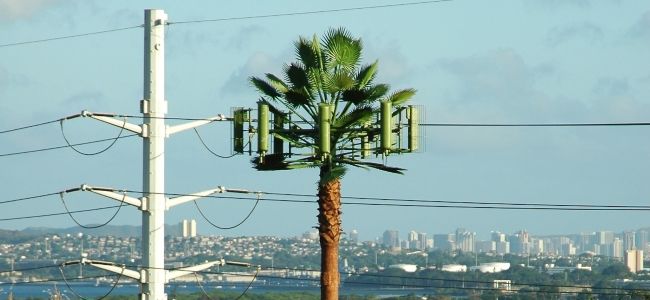With the constant increase in the usage of mobile devices, what is it that helps keep mobile broadband working as smoothly as it does? Today's SuperUser Q&A post has the answer to a curious reader's question.
Today’s Question & Answer session comes to us courtesy of SuperUser—a subdivision of Stack Exchange, a community-driven grouping of Q&A web sites.
Photo courtesy of rust.bucket (Flickr).
The Question
SuperUser reader Hooli wants to know what stops mobile broadband from experiencing "interference" problems:
Assuming that mobile broadband uses radio waves to transmit data, could the number of users connected to a 3G/4G network create an incredible amount of "interference" that would prevent it from working? Why does it work?
What is it that stops mobile broadband from experiencing "interference" problems?
The Answer
SuperUser contributor jcbermu has the answer for us:
3G uses CDMA (Code Division Multiple Access).
With CDMA, several transmitters can send information simultaneously over a single communication channel. The users share a band of frequencies employing spread-spectrum technology and a special coding scheme where each transmitter is assigned a code.
Suppose you have a room in which people wish to talk to each other simultaneously. To avoid confusion, people could:
- Take turns speaking (TDMA or Time Division Multiple Access)
- Speak at different pitches (Frequency Division)
- Use different languages (CDMA)
CDMA is like people speaking the same language; they can understand each other but reject the other languages. Similarly, in CDMA each group of users is given a shared code. Many codes occupy the same channel, but only users associated with a particular code can communicate.
Have something to add to the explanation? Sound off in the comments. Want to read more answers from other tech-savvy Stack Exchange users? Check out the full discussion thread here.

